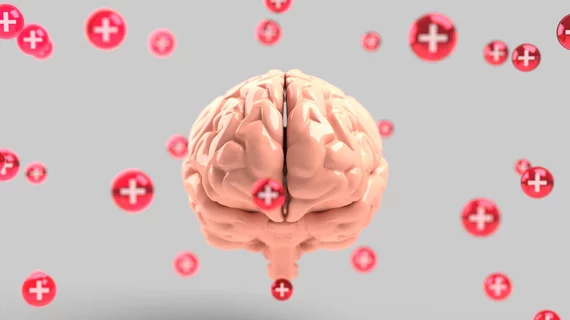New PET radiotracer moves to in-human trials after accurately detecting brain injuries
A new radiotracer used in molecular imaging exams can accurately detect and classify brain injuries, according to research published Thursday.
Massachusetts General Hospital clinicians validated the new radiolabeled molecule—18F- 3F4AP—in primates, reporting high brain penetration, quick washout and excellent reproducibility.
And just recently, the Boston group received the go-ahead from the U.S. Food and Drug Administration to begin testing in humans, they noted Oct. 22 in the Journal of Cerebral Blood Flow & Metabolism.
"There are many tracers developed and tested in animals that never make it to humans, so this is an important achievement," said Daniel Yokell, PharmD, an associate director for Radiopharmacy and Regulatory Affairs at MGH’s Gordon PET Core, who helped gain FDA clearance for the first-in-human study.
The tracer is labeled for use with PET imaging and designed to bind to potassium channels. In the brain, these channels become exposed after neurons lose their protective coating, which is commonly seen in neurodegenerative conditions such as multiple sclerosis and traumatic brain injury.
And in one case, in particular, the tracer created an intense signal that revealed a brain injury that occurred three years prior to the imaging exam.
“The tracer detected the brain lesion better than other PET tracers commonly used for brain imaging and better than magnetic resonance imaging, the standard imaging modality used to detect demyelination," co-senior author Marc Normandin, PhD, assistant director of MGH's Gordon Center for Medical Imaging, said in a statement.

